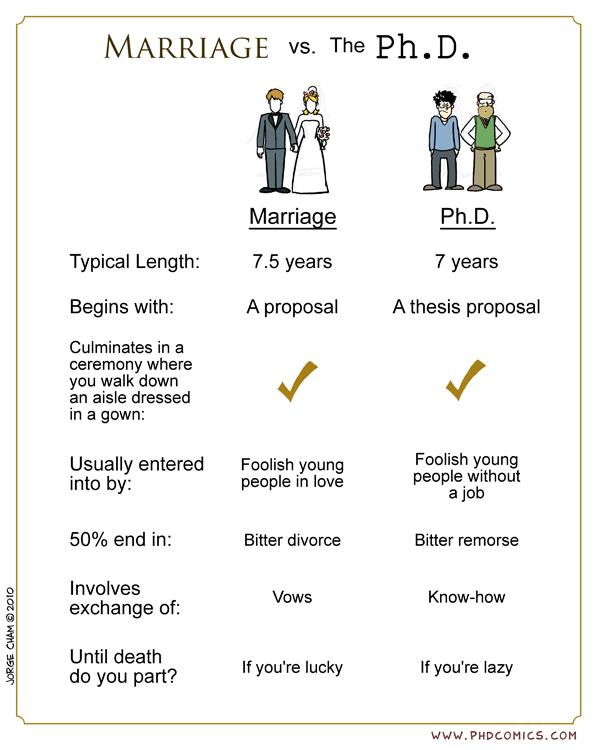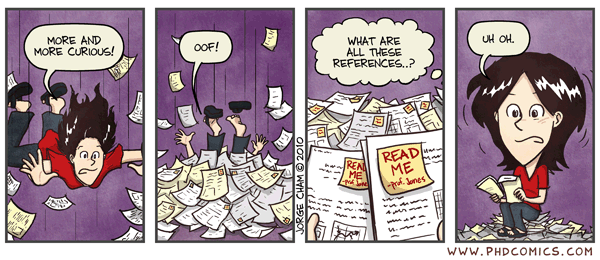Amazing quote from Paul Pullman author of the book The Good Man Jesus and the Scoundrel Christ in reply to a question if his book was offensive:
No one has the right to live without being shocked; no one has the right to spend their life without being offended. Nobody has to read this book, nobody has to pick it up, nobody has to open it, and if they open it and read it they don’t have to like it. And if you read it and dislike it you don’t have to remain silent about it. You can write to me, you can complain about it, you can write to the publisher, you can write to the papers, you can write your own book. You can do all those things, but there your rights stop. Nobody has the right to stop me writing this book. No one has the right to stop it being published or sold or bought or read. And that’s all I have to say on that subject.
(via BoingBoing)




